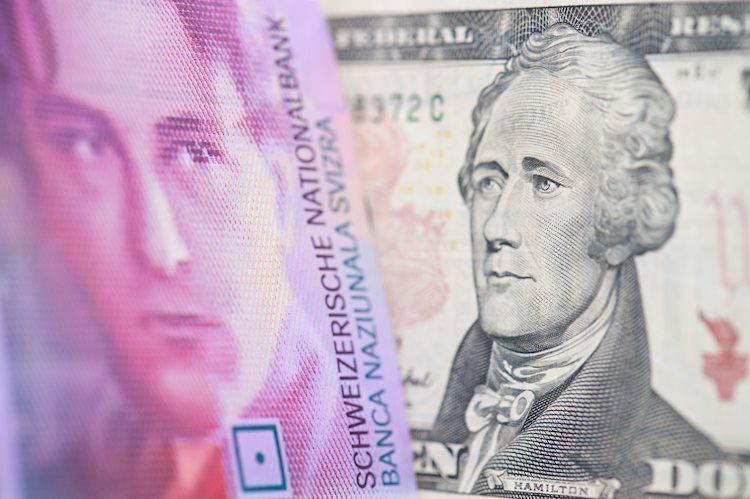LAST UPDATE: 12.00
Return to negative territory for the main European stock exchanges, after the recovery break marked yesterday, amid concerns about the developments with the Omicron mutation after the Moderna CEO Stefan Bancel predicts that existing vaccines will be much less effective in the treatment of the new variant of the coronavirus.
In particular, St. Bancell warned the Financial Times that it would take months before pharmaceutical companies could develop new vaccines for specific scale variants.
He also noted that the high number of Omicron mutations in the spike protein used by the virus to infect human cells, as well as the rapid spread of the mutation in South Africa, suggest that current vaccine production may need to be modified next year.
Bancell’s statements shake the investment climate in Asian markets remain in the red with the Hong Kong to be among the big losers, with a drop of 2.3%. Respectively, the futures on the Wall are moving downwards after the positive reaction of the American market on Monday. Futures on all three key indicators are losing ground, with the Dow falling as much as 400 points.
Back in Europe, Inflation in the Eurozone reached a new record level in November, due to increased energy costs, most likely having peaked before the slow fall that will keep it high for much of next year, according to Eurostat data.
Consumer prices rose to 4.9% in November, by far the highest level in 25 years, from 4.1% last month and 4.5% as analysts had expected. Energy prices rose 27% year-on-year as oil prices rose but inflation in services and non-energy industrial goods was higher than 2%, indicating a rapid rise in underlying price pressures.
In this climate, the pan-European index Stoxx 600 falls 1.42% to 460 points in Tuesday’s trading, falling to its lowest level in 7 weeks. The automotive industry recorded the largest losses, down 1.6%.
On the individual dashboard, the German DAX loses 1.48% to 15,050 points, the French CAC 40 slips by 1.53% to 6,670 points and the British FTSE 100 records losses of 1.47% to 7,000 units.
In the periphery, the Italian FTSE MIB the Spaniard loses 1.66% to 25,610 points IBEX 35 declines by 2% to 8,285 points.
In the individual shares, the British media company Future notes a “jump” of more than 15%, after announcing strong profits and revising upwards the outlook for the year 2022.
Sweden’s Lundin Energy, meanwhile, is down 8%, losing some of Monday’s gains following a Bloomberg report that the oil and gas company is considering selling or merging.
In the scope of results EasyJet found its quarterly activity slowed due to coronavirus, but remained in a good position to handle uncertainty during use.
The British aviation group announced revenue for the second half of the fiscal year, which began on October 1, higher than 2019 levels, and is increasing its fleet by 25 aircraft to meet demand. The group posted a pre-tax loss of 14 1.14 billion ($ 1.52 billion) for the year ended September, in the highest estimate.
In others macro of the day, Inflation in France rose unexpectedly in November at the highest level in the last 13 years, according to preliminary estimates by the statistical service Insee. Consumer prices rose 0.4% from the previous month, with annual inflation reaching 3.4%, the highest level since September 2008, Insee said.
In addition, The Italian economy grew by 2.6% in the third quarter compared to the previous three months, mainly due to strong consumer spending, according to the statistical service Istat, confirming preliminary estimates. On an annual basis, quarterly GDP was revised slightly upwards to 3.9% from 3.8% in the initial estimate on October 29.
.
I am Sophia william, author of World Stock Market. I have a degree in journalism from the University of Missouri and I have worked as a reporter for several news websites. I have a passion for writing and informing people about the latest news and events happening in the world. I strive to be accurate and unbiased in my reporting, and I hope to provide readers with valuable information that they can use to make informed decisions.






